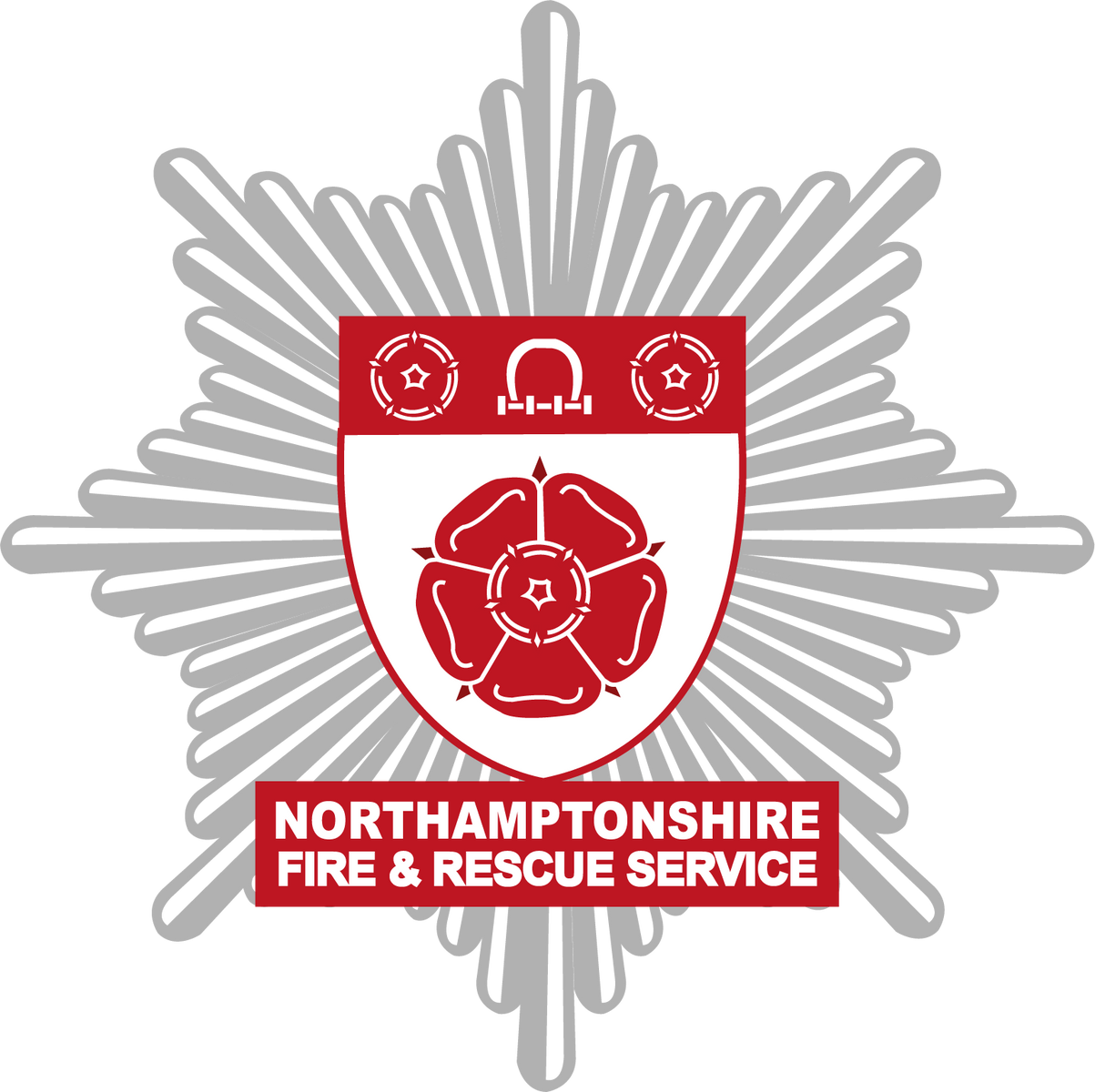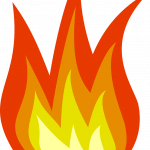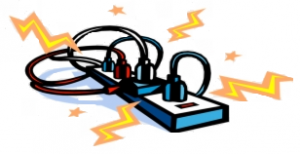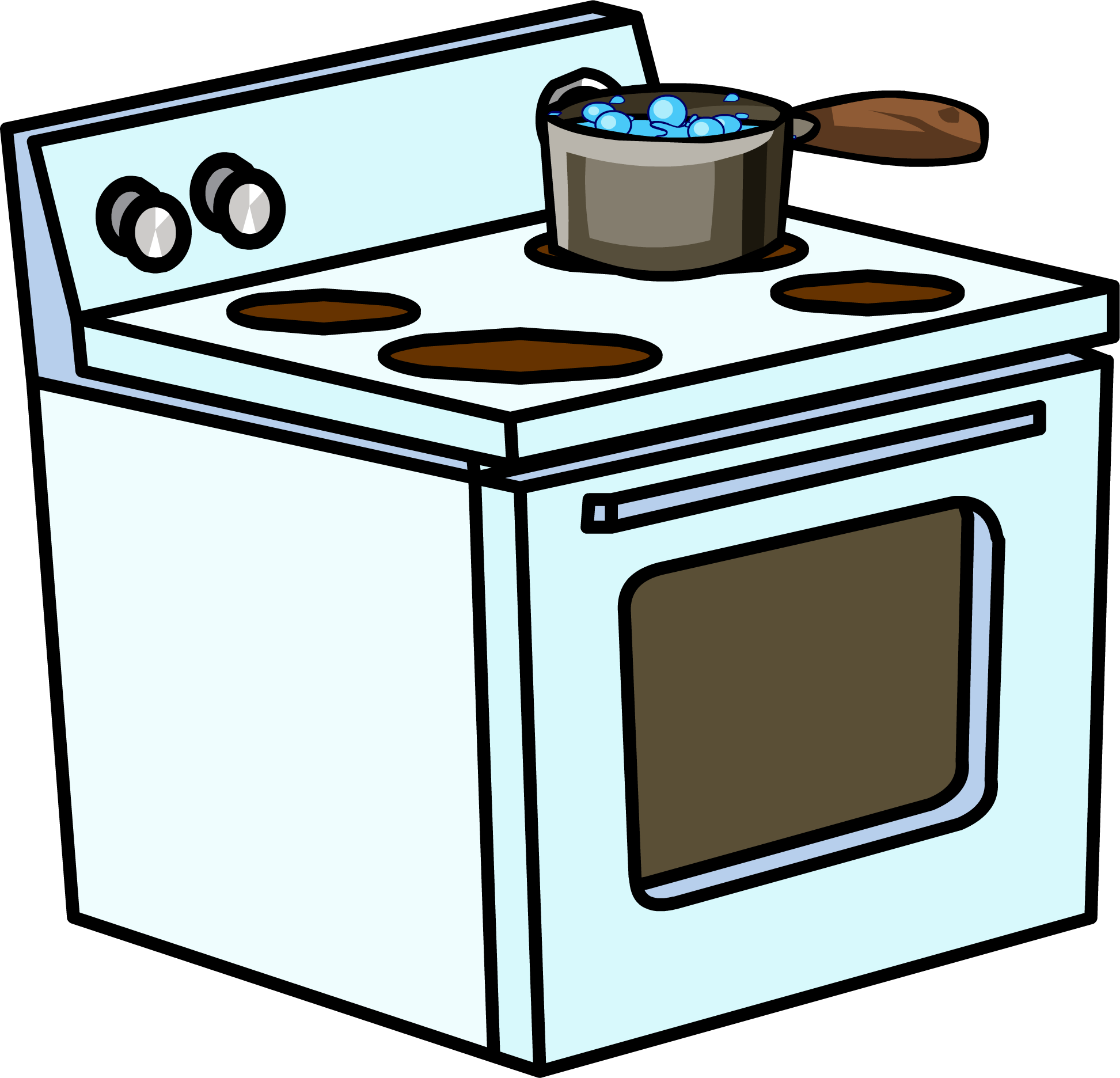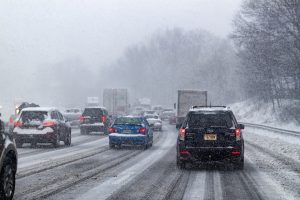Fire avoidance at home
A number of helpful leaflets are available on the subject of fire safety when cooking, using electrical items and electric blankets: Documents on fire safety guidance (Gov.UK)
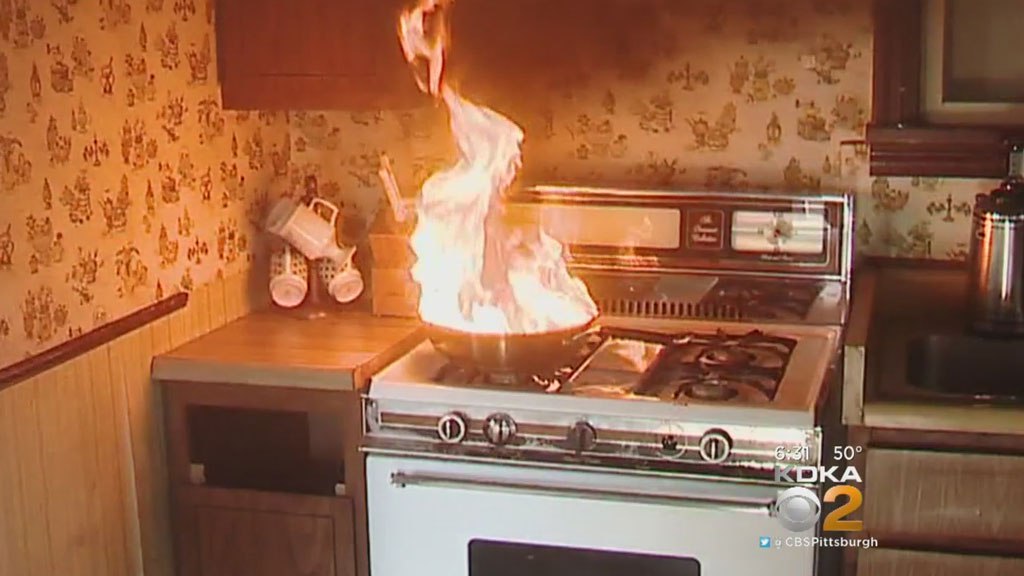
Around half of home fires are caused by cooking accidents. Here are some tips to prevent them and to keep you safe. If you are concerned that you or a family member are becoming forgetful or confused about cooking, we can give you further advice. Please visit our home safety checks and alarms page for more information on how you can carry out your own home safety check or how you can arrange for one of our home safety check visits. A helpful video has been provided by our colleagues at Cheshire Fire and Rescue Service on how to stay safe whilst cooking.
How to cook safely
- Don’t leave your cooking unattended and don’t leave children in the kitchen alone when cooking
- Avoid cooking when under the influence of alcohol
- Keep flammable items away from the cooker and hob
- Take care with electrics and keep leads and appliances away from water
- Keep the oven, hob and grill clean and avoid the build-up of fats
- Don’t put anything metal in the microwave
- Take care when cooking with hot oil – it sets alight easily
- If oil starts to smoke – it’s too hot, turn off the heat and leave it to cool, use a thermostat controlled electric deep fat fryer to prevent this
What to do if the pan catches fire:
- Never throw water over it
- Turn off the heat if it’s safe to do so and do not move the pan
- Do not tackle the fire yourself
- Get Out, Stay Out, Call 999
The most common cause of fire death in the home is smoking. If you or someone in your home smokes, there are a number of simple steps you can take to prevent a fire from happening in your home:
Fire safety tips for smokers
- Ensure you have a working smoke alarm on every floor of your home (more advice on smoke alarms can be found on our home safety checks and alarms page)
- Take extra care when you’re tired, taking prescription drugs, or if you have been drinking
- Always use a proper ashtray – never a wastepaper basket
- Always keep matches and lighters out of the reach of children
- Never leave a lit cigarette, cigar or pipe lying around – put them out, right out!
E-cigarettes fire safety tips
There have been a number of incidents in the UK caused by e-cigarettes or their chargers. To help reduce the risk, follow these safety tips:
- Never leave e-cigarettes that are on charge unattended for long periods
- Do not mix components of different e-cigarettes
- Only use the charger supplied
- Ensure you purchase your e-cigarette from a reputable source
- Check the e-cigarette carries CE certification
Two fires a day are started by candles, and along with incense and oil burners they are one of the biggest causes of fires within the home. Follow our tips to keep you and your home safe.
Candles and naked flames
- Never leave a candle unattended
- Always use a suitable holder when burning candles and incense, they should be on a heat-resistant surface, and take care with tea lights, which get hot enough to melt plastic
- Scented candles turn to liquid in order to release their fragrance, so always burn them in a suitable glass or metal container that can withstand the heat of the liquid and ensure that the liquid cannot leak out
- Always extinguish all candles when leaving a room, before going to bed or if the flames become too large (trim the wick to prevent the flame from becoming too large)
- Keep lit candles out of reach of children and pets
- Place candles away from curtains and other flammable items and keep burning candles away from draughts, open windows and fans
- Don’t put them under shelves and make sure there’s at least one metre (three feet) between a candle and any surface above it
- Do not burn a candle longer than the manufacturer recommends
- Avoid lighting candles when alcohol is being consumed
- Use a proper snuffer to put them out as blowing them out can send sparks and hot wax flying
- Consider an extra smoke alarm in the rooms that candles are being burnt in
- Consider using battery-operated candles that give the ambience of the real thing, but are a lot safer
Faulty electrics (appliances, wiring and overloaded sockets) cause around 6,000 fires in the home across the country every year. For some handy tips, watch the following short video (courtesy of Cheshire Fire and Rescue Service):
How to avoid electrical fires
- Make sure an electrical appliance has a British or European safety mark when you buy it.
- Certain appliances (washing machines, etc.) should have a plug socket to themselves, as they are high powered.
- Always follow the manufacturer’s instructions and look for the CE mark that indicates chargers comply with European safety standards, ensure your furniture has the fire-resistant permanent label.
- Check and replace any old cables and leads, especially if they are hidden from view.
- Unplug appliances when they’re not in use.
- Secure portable heaters and never use them for drying clothes.
- Store electric blankets flat, rolled up or loosely folded to prevent damaging the internal wiring and unplug blankets before you get into bed, unless they have a thermostat control for safe all-night use.
- Never buy second-hand blankets.
- Read the electric blanket safety leaflet (PDF 1,054KB) for more information.
An extension lead or adaptor will have a limit to how many amps it can take, so be careful not to overload them to reduce the risk of a fire, try and keep to one plug per socket. Appliances use different amounts of power – a television may use a 3 Amp plug and a vacuum cleaner a 5 Amp plug for example. To check if your plug sockets are overloaded use the handy socket calculator.
